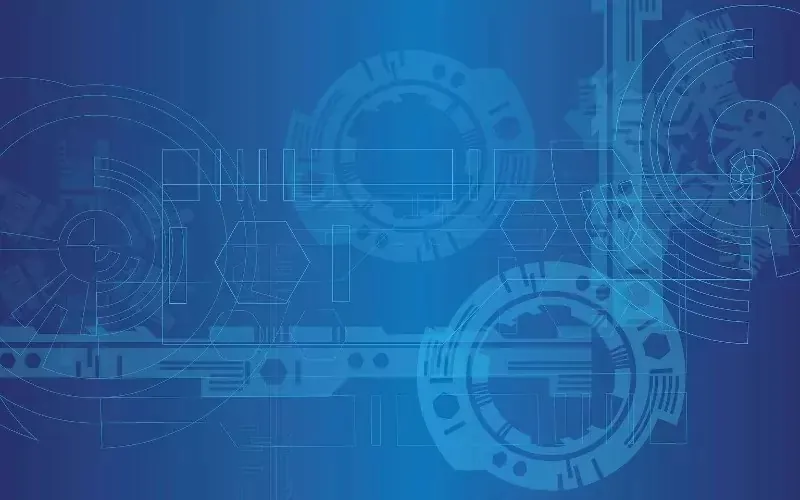Recent research indicates the potential of video games in aiding recovery from physical conditions. A video game, Balloon Buddies, designed by Imperial College, may improve rehabilitation for patients with impairments.
Balloon Buddies is a unique video game aiming to assist individuals recovering from conditions like stroke. It facilitates a shared gaming experience between patients and healthy participants, be it therapists or family members. This cooperative playstyle makes the recovery process engaging and rewarding for patients, while presenting a challenge for healthy players, enhancing overall enjoyment.
The game’s mechanics are intuitive—patients and supporters collaborate to balance a ball on a beam using balloons. Such interaction encourages a harmonious blend of competition and support, ultimately leading to improved patient performance.
During trials of Balloon Buddies, researchers observed a notable boost in patient performance when playing with a healthy partner compared to solo gameplay. This was particularly evident in patients with poorer initial performance, highlighting the game’s potential as a rehabilitation tool.
The study, comprising 16 patients and 32 healthy individuals, demonstrated that engagement with others could heighten patient effort and, subsequently, physical performance gains. This suggests video games might be expanded to other recovery areas, such as musculoskeletal injuries and cerebral palsy.
The developers of Balloon Buddies are exploring further applications of their game, adapting it for different contexts such as community centres or even home settings for remote therapy.
They are considering multiplayer adaptations that pair patients with therapists or other patients, fostering a supportive network that could revolutionise rehabilitation outside traditional clinical environments.
The implications for patient autonomy and accessibility are significant, as technology enables more flexible and inclusive therapy options.
Balloon Buddies is powered by the GripAble handgrip, making video games accessible to users with arm weakness via standard tablet devices. This technology offers an interactive platform, engaging patients through animations, sound, and haptic feedback, similar to commercial gaming products.
Such advancements are part of broader efforts by institutions like the Imperial AHSC to translate scientific discoveries rapidly into practical healthcare solutions.
These initiatives highlight the potential for merging gaming and healthcare to enhance patient experiences and results.
This innovative approach underscores the broader impact of interactive therapies, inspiring more active participation from patients.
As research progresses, these collaborative gaming experiences could become a standard in therapeutic settings, offering a fun yet effective way to achieve health goals.
Balloon Buddies exemplifies the potential of video games in physical rehabilitation. Its collaborative design not only enhances individual recovery but also paves the way for future innovations in therapeutic practices.
Incorporating interactive video games into rehabilitation signifies a forward-thinking approach that could reshape therapy paradigms, making recovery both effective and enjoyable.


